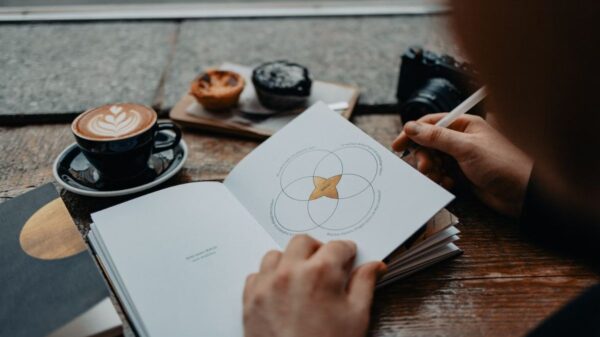The sense of self-worth comprises how we view ourselves and our beliefs about our propensities and obligations. Our relationship with ourselves – sometimes hidden from view – gives us self-worth.
Basically, it is the language we use to communicate with one another, the people around us, and ourselves. We frequently battle with our values behind closed doors because we could be afraid of people seeing the true us. It’s crucial to accept this aspect of ourselves.
I always find that I can be compassionate when I think of this aspect as a minor child or my inner child who needs care. Lalitaa Suglani, a therapist, wrote, “It’s incredibly profound how that can affect the way we react to the environment around us.
Here, we have listed some hidden signs of low self-worth.
Negative Self Talk
Our internal conversation and how we interact with ourselves are critical in determining how we perceive ourselves. Our sense of self is frequently shaped by the words our inner critic uses. It might indicate low self-worth and confidence when we often indulge in self-deprecating or negative self-talk.
Understanding how our self-talk affects our attitudes, actions, and general well-being is critical. Building self-confidence and encouraging ourselves can help us face obstacles, learn from failures, and develop a stronger, more robust self-image. This self-awareness can be a game-changing step toward self-improvement and self-assurance.
Know Your Strengths and Weakness
Weaknesses and strengths come in different combinations for every one of us. But when we consistently downplay our advantages and concentrate on our shortcomings, we fundamentally undermine our self-worth. We frequently self-destruct by undermining our potential and successes.
Self-confidence and resilience can be increased through identifying and appreciating our strengths. It’s critical to recognize that excessive self-criticism might impede personal development. A balanced viewpoint that considers both our assets and limitations promotes self-acceptance and allows us to develop, learn, and use our skills to their fullest. Creating a healthier self-image and sense of self-worth is based on this balanced self-view.
Indecisiveness
Decision sets in when we routinely defer even small decisions to others out of a lack of confidence in our decision-making skills. The necessity to develop confidence and faith in our ability to make decisions freely is highlighted by the fact that relying on outside direction might limit personal empowerment.
Complements
It might be challenging to receive praise graciously when one has deep-seated sentiments of inadequacy. We reject praise because we think we’re undeserving. Recognizing self-worth and learning to accept praises as sincere expressions of others’ appreciation are necessary steps in overcoming this problem.
Unworthy Feelings
When we feel unworthy, we frequently think we don’t deserve to enjoy the good things in life and judge others as superior. Self-worth can be damaged by such self-doubt. Self-acceptance and a more positive self-image are fostered by realizing our inherent worthiness.
In conclusion, our perception of our own value is a complicated interaction between that perception, our internal discourse, and our unspoken difficulties. For personal development to occur, we must acknowledge and accept these elements of ourselves. Low self-worth can be indicated by negative self-talk, underestimating strengths, inability to make decisions, and having trouble receiving compliments.
A healthy self-image and a higher sense of self-worth can be achieved through gaining self-confidence, appreciating our strengths, and realizing our intrinsic worth. This journey of self-discovery and self-acceptance has the potential to significantly impact how we interact with the world, ultimately resulting in a more happy and secure life.
☛ Read Also: Aquarius September 2023 Horoscope Soars to New Heights in Love, Career, and Wealth




































